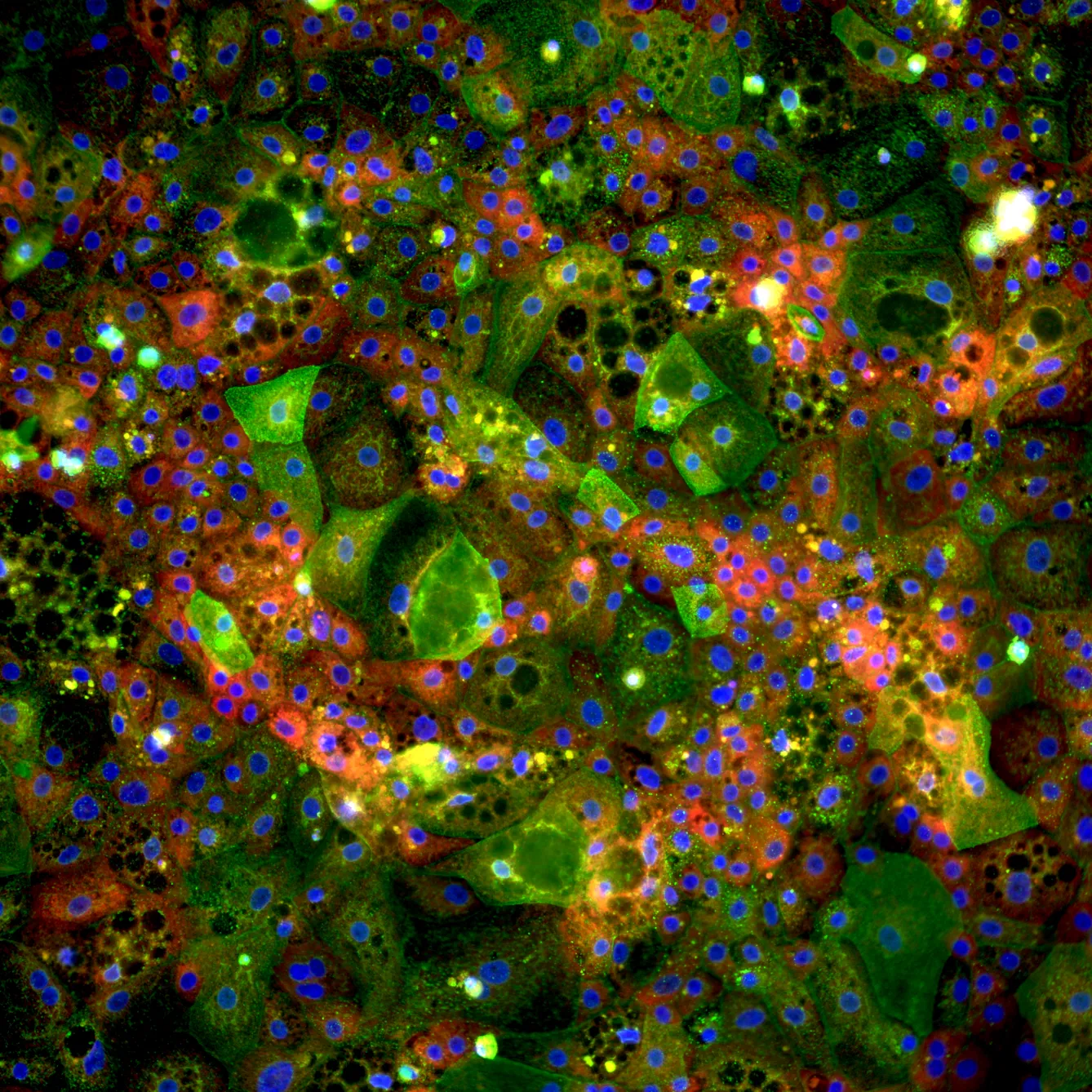pixcellpaint
Phenomics Profiling at scale with AI and Automation
Scalable, automated high-content imaging to capture biology, decode responses, predict outcomes, and drive discovery forward.
Trusted by leading biopharma partners for predictive biology and custom studies.
AI Phenomics
Unlock potential
Reliability
Automated
Cell Painting
About pixCellPaint
Now picture thousands of experimental conditions, translating into millions of cells analyzed, and billions of data points measured.
That’s the power of Phenomics by Cell Painting, and it’s the foundation of our predictive approach.


Step 1: We Turn Cells Data-Rich
At pixlbio, we take these images and go a step further. With the help of AI and full lab automation, we turn them into data-rich profiles that show how cells behave, what’s shifting inside them, and where potential risks or therapeutic effects might lie.

Step 2: Unlock Insights with AI
We visualize every single cell within a multiplexed universe, extracting thousands of measurements that reveal the secrets of cellular states and illuminate how each cell responds to treatment.





Step 3: The Result?
A powerful, unbiased approach to discover new drugs, understand the biology behind how they work, and spot warning safety signs early while considering all possible scenarios.
Applications of Cell Painting
Bioactivity Profiling
Identify compounds that induce a morphological change and filter out the negative ones
Mechanism of Action Discovery
Cluster compounds based on morphological similarity to infer pathways or targets.
Off-target and Early Toxicity
Identify off-target or cytotoxic effects by comparing profiles to known toxicants.
Target & Pathway Generation
Reveal hidden biology by mapping unknown perturbations to known phenotypic spaces.
Drug Discovery and Repurposing
Match disease phenotypes with compound profiles that reverse pathological features.
our workflow
Scalable Phenomic Profiling: Our Standardized Workflow
Our end-to-end process combines robust cell models, automated staining, high-content imaging, and AI-driven feature extraction to generate consistent, high-quality morphological data at scale—enabling precise bioactivity assessment and mechanism deconvolution.




